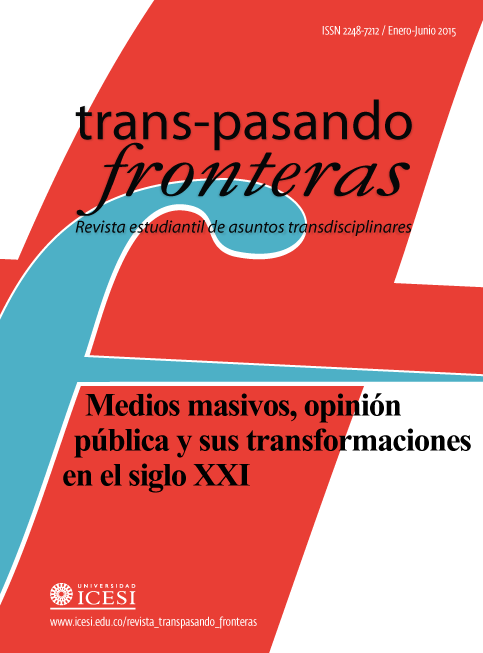More than a Facebook revolution: Social movements and social media in the Egyptian Arab Spring
DOI:
https://doi.org/10.18046/retf.i7.2098Keywords:
Facebook, Social media, Social movements, Arab Spring, Egypt,Abstract
Public opinion leaders and activists characterized the Egyptian “Arab Spring” of January 2011 as a “Facebook Revolution”. They highlight the intrinsic power of social media as an influencing factor for social change. Undeniably, social media played important roles in that revolution process. However, these roles cannot be disconnected from the socio-political contexts. This paper discusses the use of social media, particularly of Facebook, by the April 6th Youth Movement (A6YM), a decisive actor of the Egyptian protests. It is based on the analysis of two Egyptian newspapers and one American newspaper, between 2008 and 2011. We propose that a) social media provided alternative mechanisms for political expression and organization, b) social media contributed to the genesis and consolidation of the A6YM and to the establishment of youth political identities, and c) the combination of “bits and streets” amplified not just the movement’s mobilization but the degree of opposition experienced by the Egyptian regime.Downloads
Downloads
Published
Issue
Section
License
Trans-pasando Fronteras provides immediate open access to its content on the principle that making research freely available to the public supports a greater global exchange of knowledge.
© Authors hold copyright and publishing rights without restrictions but in accordance with the CC license.
All the material in this publication can be reproduced as long as reference is made to title, author and institutional source.







